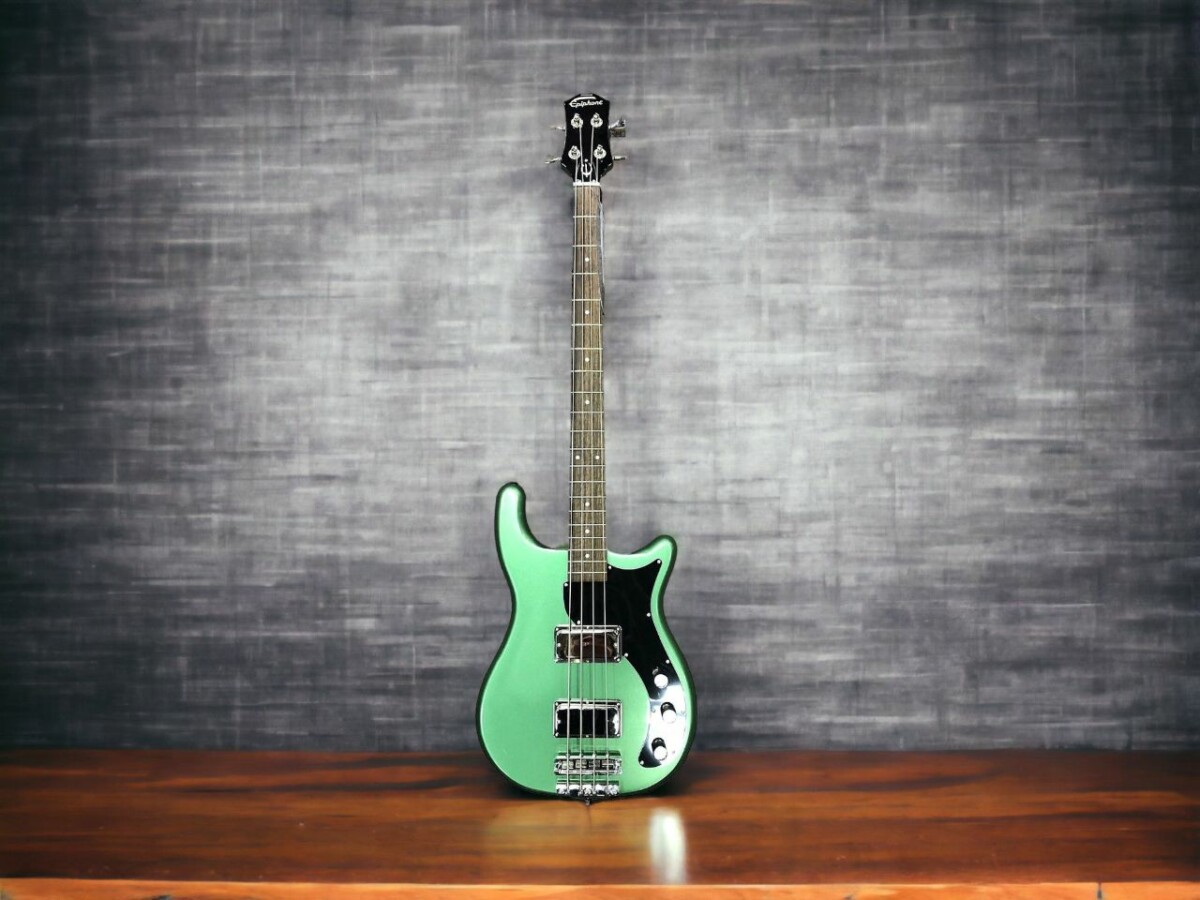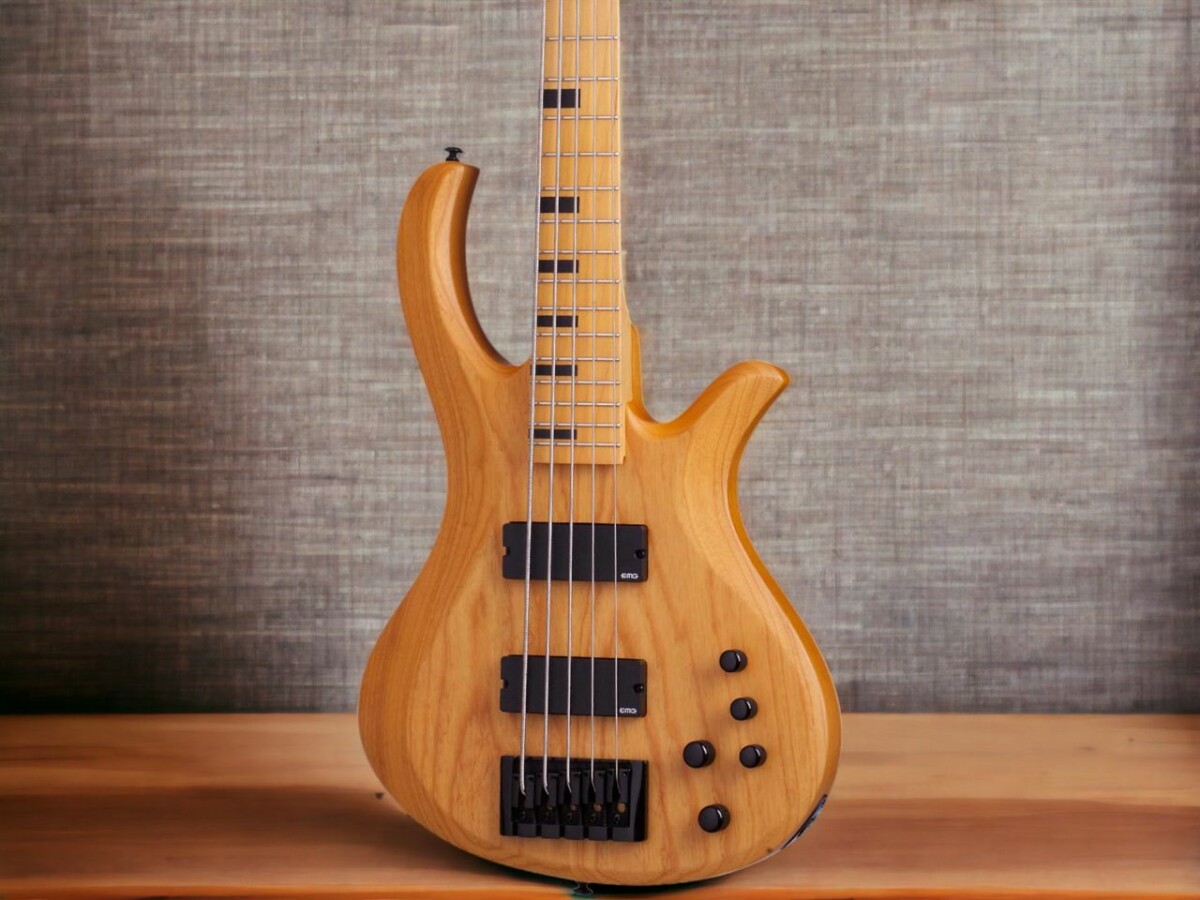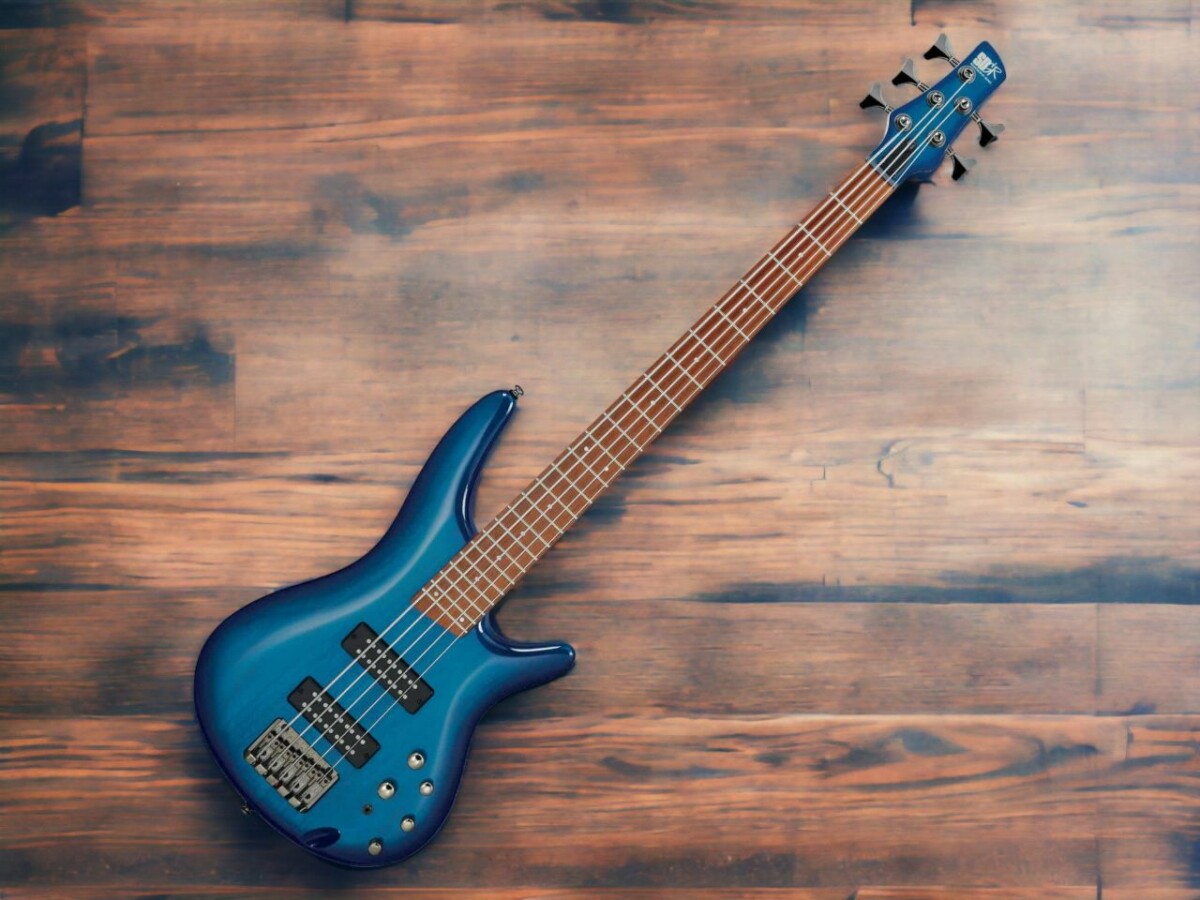Ever considered your bass guitar as the star of the show? Well, buckle up because you’re about to discover how it can totally rock the spotlight! Welcome to the realm where iconic bassists have made their seemingly humble instrument shine brighter than a diamond. We’re talking about jazz maestros, rock stars, and the unique sonic universes they’ve crafted.
It’s not just about laying down the groove, it’s about stepping up and owning the stage. Ready to challenge your perception of the bass guitar? It’s about time we shook things up a bit. The bass guitar is not just a sidekick, it’s a superhero in its own right. Let’s redefine its role and show them who’s boss.
Can A Bass Guitar Be The Lead?
Absolutely, a bass guitar can totally step into the spotlight as a lead instrument. There are certain musical scenarios where the bass guitar takes the reins, belting out melodious lines, whipping up solos, or even driving home the main theme of a song.
To truly get how the bass guitar has stepped up its game in music bands, you gotta take a trip down memory lane. Way back when, the bass was like a quiet kid in the class, just there to keep the rhythm on track. But man, the surge in the bass guitar’s role in today’s bands is nothing short of epic.
It’s no longer a surprise to see bass players stealing the show with killer solos that leave the crowd slack-jawed. Picture Chris Squire’s sky-high solos or Stanley Clarke’s jazz jam sessions that are pure genius. This is the bass flexing its melodic muscles, proving it’s not just there to keep the beat. Speaking of which, have you ever wondered if it’s possible to get feedback from a bass guitar?
It’s a nod to the bass guitar’s adaptability and the game-changing role it plays in defining the vibes of popular tracks.
Notable Bassists Who Lead With Their Instrument
So, as you start to really get into the groove of the bass guitar, you’re gonna come across some seriously talented bassists who totally kill it on their instrument and even lead their bands with it. We’re talking about trailblazers like Jaco Pastorius and Stanley Clarke. These guys truly transformed the game with their innovative bass guitar techniques, introducing harmonic and slap-bass methods that shifted the bass from just being a background rhythm player to a spotlight-stealing star.
Now, if you dig a little deeper into how these bassists have impacted other musicians, you’ll notice that artists like Chris Squire and Marcus Miller, with their progressive and jazz-inspired styles, have seriously left a mark on the new gen of players. The way they wield their instrument, leading their bands with it, shows that a bass guitar isn’t just some background prop. Nah, it’s a badass lead instrument that can totally hold its own.
The Bass Guitar: Rhythm Keeper or Lead Player
So, you’ve been diving deep into the world of bass guitar, huh? You’re probably starting to question whether it’s a rhythm master or more a front-and-center lead player. Let’s unpack that a bit, shall we?
Bass guitar legends, think Jaco Pastorius or Stanley Clarke, really show us how this instrument isn’t just about keeping the beat. They’re out there, in the limelight, ripping out mind-blowing solos that are both complex and melodic.
Though, it’s easy to forget about the bass as a melody-maker. But then you have virtuosos like Victor Wooten who are changing the game, treating the bass as a lead instrument and showing off its melodic prowess.
Sure, the bass has its roots in rhythm keeping, and it’s pretty damn good at it. But these innovative bassists are proving that it’s not confined to the rhythm section. It can step up and become a powerful, leading voice in music.
Versatility of Bass Guitar: Unique Contributions to Band’s Sound
Before we plunge into the mind-blowing versatility of the bass guitar, it’s crucial to understand that it’s not just about keeping the beat or laying down the melody. Nah, it’s got a whole lot more up its sleeve. This bad boy can also bring in some really unique vibes and sounds that can seriously amp up a band’s overall sound.
Now, if you’ve ever listened to any bass guitar solos, you’ll get what I’m saying. You see, these cool bass techniques can totally transform the sound scene, creating a unique atmosphere that becomes the band’s trademark.
Just think about the mesmerizing beats of Yes’s Chris Squire or the jaw-dropping jazz fusion of Jaco Pastorius. These dudes took the bass guitar way beyond its usual role. They didn’t just play it, they owned it, pushing the envelope and changing how we think about this instrument.
Dispelling Myths: The Bass Guitar as More Than Just a Supportive Instrument
Ever heard people say that the bass guitar is just a background prop? Time to bust that bogus belief right now. In the hands of a real pro, a bass guitar can seriously be the heart and soul of a track, playing double duty as rhythm keeper and melody maker.
Take jazz legends Jaco Pastorius and Stanley Clarke for instance. These guys have shown us how the bass can sing with solos so complex they often steal the spotlight.
Then you’ve got rockers like Chris Squire and Robert Smith. They’ve experimented with different techniques that have taken the bass guitar from the backline to the frontline, shattering its conventional image.
Interestingly, there’s an ongoing debate among budding musicians: is bass guitar easier than electric guitar? Depending on who you ask, you might get varied answers, showcasing the instrument’s unique appeal.
And let’s not forget fusion maestros like Victor Wooten and Marcus Miller. They’ve messed with the boundaries between rhythm and melody, proving the bass guitar can totally rock it as a lead instrument.
By the way, if you’re dabbling with bass and already have guitar gear, you might be curious: can you use guitar pedals on bass? There’s more overlap between the two instruments than many realize!




